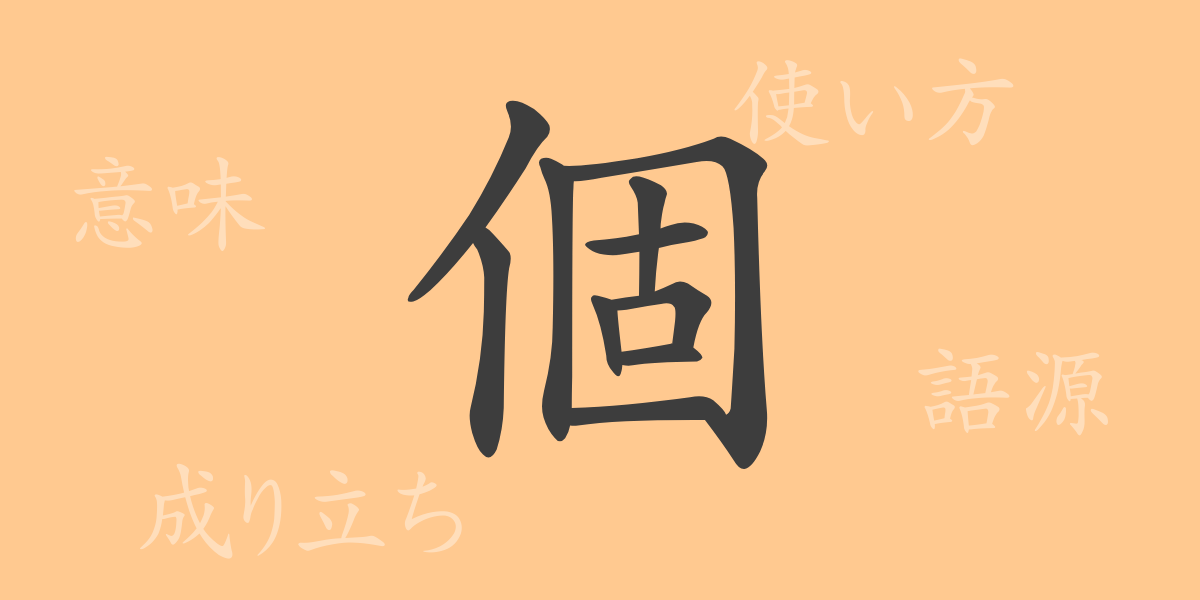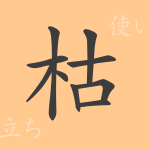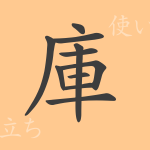The depth of meaning embedded in each kanji character reveals the richness of Japanese culture and language. “個(こ)” is one of the frequently used common kanji characters in everyday life, representing the concept of individuality and countable units. In this article, we will delve into the origins, meanings, usages, readings, and related idioms and phrases of the kanji “個(こ),” uncovering its charm and significance.
Origin of 個 (Etymology)
The kanji “個(こ)” traces its origins back to ancient China. Initially written as “箇(か),” it was a pictographic character representing a bamboo container. Over time, the character evolved and simplified to “個(こ).” This change exemplifies how characters naturally evolved to be more efficient and widely used. Today, “個(こ)” is an essential kanji used to denote units and individuality.
Meaning and Usage of 個
The kanji “個(こ)” is primarily used to mean “one by one” or “each.” It is a versatile character applied to both concrete objects and abstract concepts. For example, in the words “個人(こじん, individual)” and “個性(こせい, personality),” it conveys the meanings of “each person” and “individual characteristics,” respectively. Additionally, it is used for counting, as in “3個のリンゴ(さんこ の りんご, three apples)” and “5個の質問(ごこ の しつもん, five questions).”
Readings, Stroke Count, and Radical of 個
The kanji “個(こ)” has multiple readings and a specific structure:
- Readings: The On’yomi (音読み) is “コ(こ)” and there is no Kun’yomi (訓読み).
- Stroke count: It consists of 10 strokes.
- Radical: The radical is 亻 (にんべん, person).
Idioms, Phrases, and Proverbs Using 個
There are numerous idioms, phrases, and proverbs in Japanese that include “個(こ).” Here are a few examples:
- 個人 (こじん): Refers to an individual person.
- 個性 (こせい): Denotes individual characteristics or personality.
- 個体 (こたい): Refers to an individual object or organism.
- 一個人 (いっこじん): Means a single person or individual.
- 個々 (ここ): Means “each” or “every single one.”
These expressions highlight the significance of the concept of individuality in the Japanese language.
Conclusion About 個
The kanji “個(こ)” possesses a broad range of meanings and applications, far beyond its simple form. In Japanese, “個(こ)” is used to denote individual identity, counting units, and unique characteristics. The rich expressive power of this single character reflects the depth of Japanese linguistic culture, making it indispensable in everyday life. We look forward to seeing how the use and transmission of “個(こ)” will continue to evolve in the future.

























